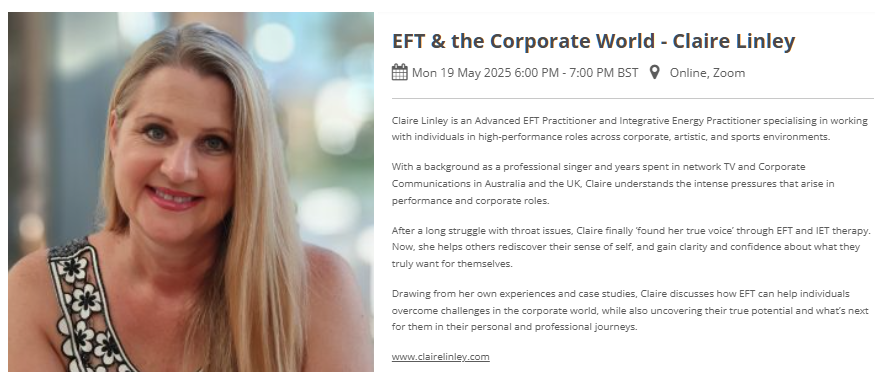
Ah, the age-old question: Can I have what I want without being selfish? Short answer? Yes. Longer answer? Also yes, but let’s unpack it because this one’s tangled in years of social conditioning, family dynamics, and that inner voice that sounds suspiciously like your Year 3 teacher, wagging a finger.
Most of us weren’t exactly handed a “How To Know What You Want” manual growing up. In fact, many of us were gently (or not so gently) steered away from our desires altogether. Wanting things for yourself? Selfish. Needing space or rest? Inconsiderate. Asking for more than your fair share of the cake? Greedy (unless you were the one who made it, in which case you probably didn’t sit down long enough to eat any).
So, it’s no wonder we reach adulthood like emotional detectives trying to solve the case of “What Do I Actually Want?” And even when we do stumble across a genuine want or need – a day off, a solo walk, saying no without writing a 400-word explanation – we often stuff it down like a biscuit in a handbag. Because deep down, there’s this nagging, inherited belief that wanting something for yourself automatically comes at someone else’s expense.
But here’s the radical, slightly rebellious truth: responding to your own wants and needs isn’t selfish – it’s being self-aware. And knowing what you want is actually one of the kindest things you can do for yourself and for others. Because when your own cup is full (and yes, that might mean boundaries, alone time, or even two slices of cake), you’re more available, more grounded, and far less likely to lose it over someone breathing too loudly near you.
When you’re clear on what you want, you stop outsourcing your happiness to everyone else’s moods, schedules, or approval. You make clearer decisions, communicate more honestly, and show up in relationships as the real, uncensored you, not the shape-shifting people-pleaser version who says, “I’m fine!” while mentally screaming into a pillow.
Clarity about your desires makes life simpler, not messier. It’s like switching on the light in a cluttered room: suddenly you can see what’s tripping you up, what you love, and what you’re ready to let go of (goodbye to all the usual self-sacrificing obligation).
So next time you feel a flicker of desire – big or small – don’t dismiss it as selfish. Get curious. Be playful. Ask, “What if listening to myself is actually the most generous thing I can do today?” Because it just might be.
And anyway… what if the real selfish act is never discovering what you really want?



